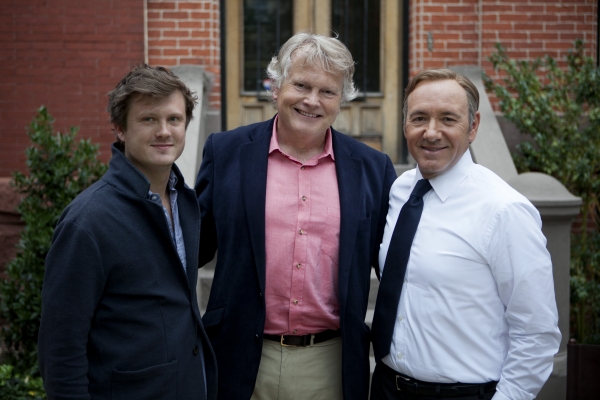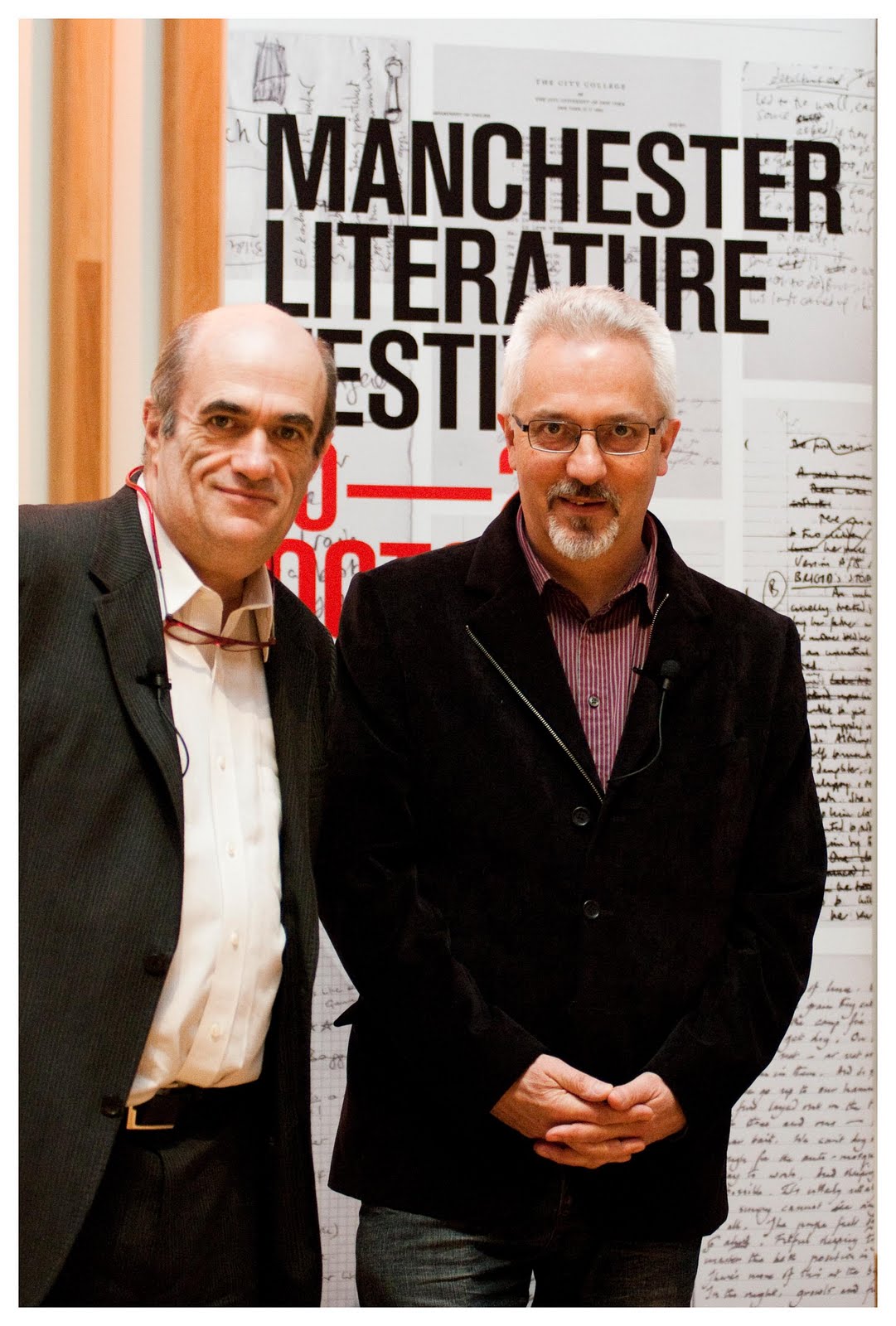Is there life on Mars? While H G Wells, C S Lewis and the cult 1996 B-movie Mars Attacks! might have enjoyably proposed the presence of little green men, sadly we still find ourselves collecting lumps of rock in the hope of finding minuscule organisms. Still, right now, a nuclear-powered robot sent from Earth is scuttling around the surface of Mars looking for more clues. The name of that particular Mars rover is Curiosity – which just about sums up our continuing relationship with the Red Planet.
“If we did find extraterrestrial life, it would change everything,” says the American novelist Ken Kalfus, whose third novel, Equilateral, is an enjoyable look at the roots of our fascination with life on other planets.
“How would we respond? As a fiction-writer, it’s actually more fascinating to think about why we haven’t actually found anything yet. Is there something we’re missing?”
What makes Equilateral so interesting is that Kalfus’s book isn’t trashy alien-invasion science fiction. Instead, it’s a hugely plausible satire set in the Middle East at the turn of the 20th century – a time when astronomers had just “discovered” canals on the surface of Mars, with newspapers full of now-hilarious speculations of a highly advanced alien race irrigating the barren planet. “The thing is, the idea struck home so forcefully with them because we had just completed the Suez Canal and Panama was in the offing, too,” explains Kalfus.
So in this febrile atmosphere of possibility, it doesn’t feel so ridiculous that in Kalfus’s fiction, nations of the developed world come together in the Egyptian desert to dig a huge equilateral triangle. More than 300 miles a side and five miles wide, its construction is overseen by a British astronomer, Professor Thayer. The idea being that, when the planets are at their closest, Thayer will light the crude oil in the channels, providing Martians with a clear signal that there is intelligent life on earth. “Except, of course, it doesn’t quite go to plan,” says Kalfus, laughing.
Not least because the westerners involved behave in the most despicably colonial way. The triangle isn’t built by Europeans but by 900,000 largely baffled Arab fellahin, threatened with hanging if they mutiny. In fact, toiling away in the hot sun for the folly of an astronomer, they become the heroes of the story.
“The central irony is that Thayer wants to communicate with beings on other planets but we, as humans, find it very difficult to communicate with each other,” says Kalfus. “That’s why it’s set in the Middle East, so I could draw out some of the more ridiculous colonial assumptions of how the world should work.”
Indeed, by using a large band of migrant workers to complete a public works project, Kalfus does also make pointed comments about the 21st-century world. And in a relatively brief book, there’s even room for a different kind of triangle, as Thayer juggles the sensible attentions of his secretary Miss Keaton with an alluring servant girl.
“A lot of my work is about miscommunication,” he says. “So I wanted to have that work on interplanetary, inter-people and personal levels. Thayer falls in love with someone he can’t speak to, just like he can’t talk to the Martians. He’s lonely, he thinks there’s something out there he can communicate with more deeply – which is what religion is all about. We believe that there must be people who we can’t see who can know us better.”
And does Kalfus believe there are people out there we can’t see?
“Well, we could be alone. The universe is vast, but it’s not infinite. But I do think that if there is something there, we’ll find it this century. If it’s not there, we’ll also figure out why not.”
• Equilateral (Bloomsbury) is out now


